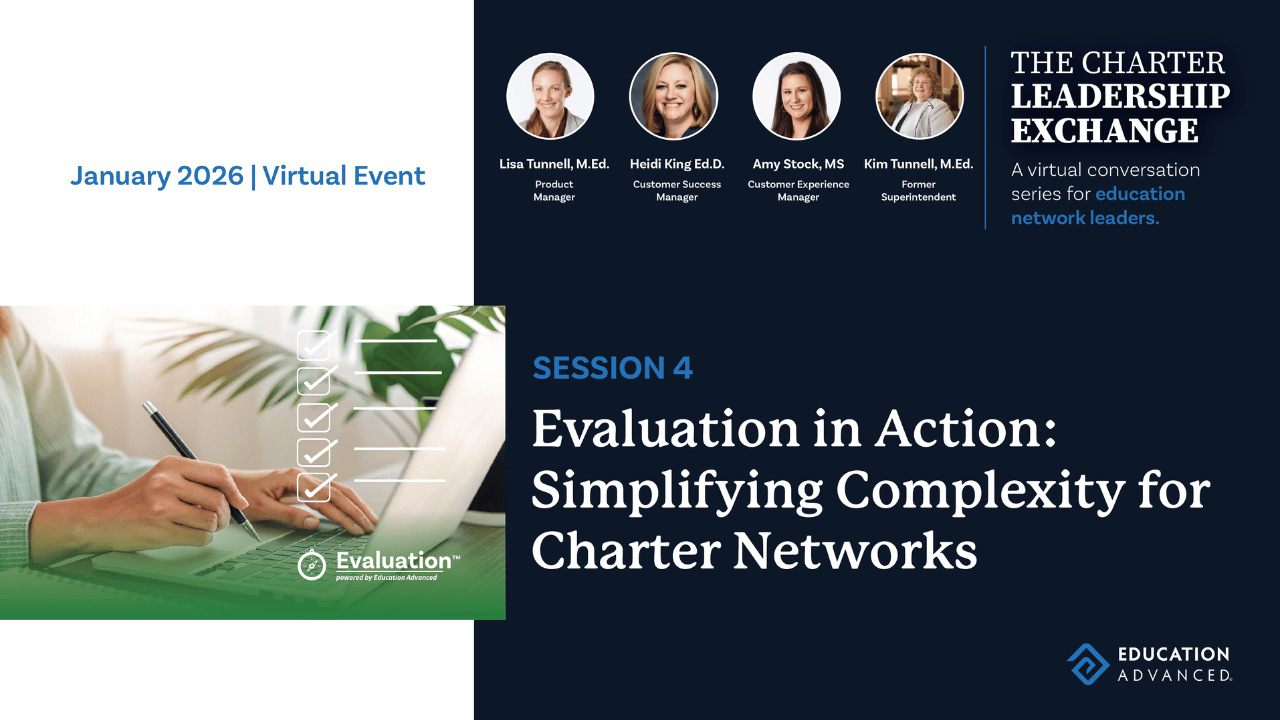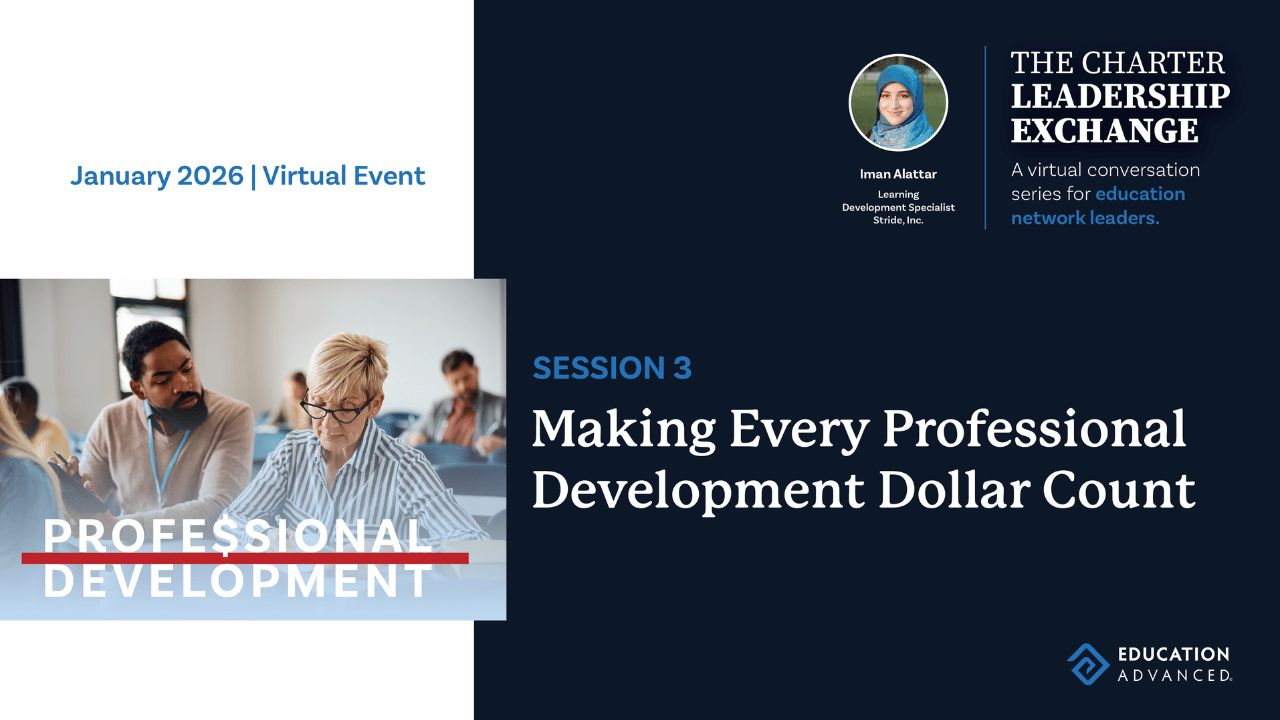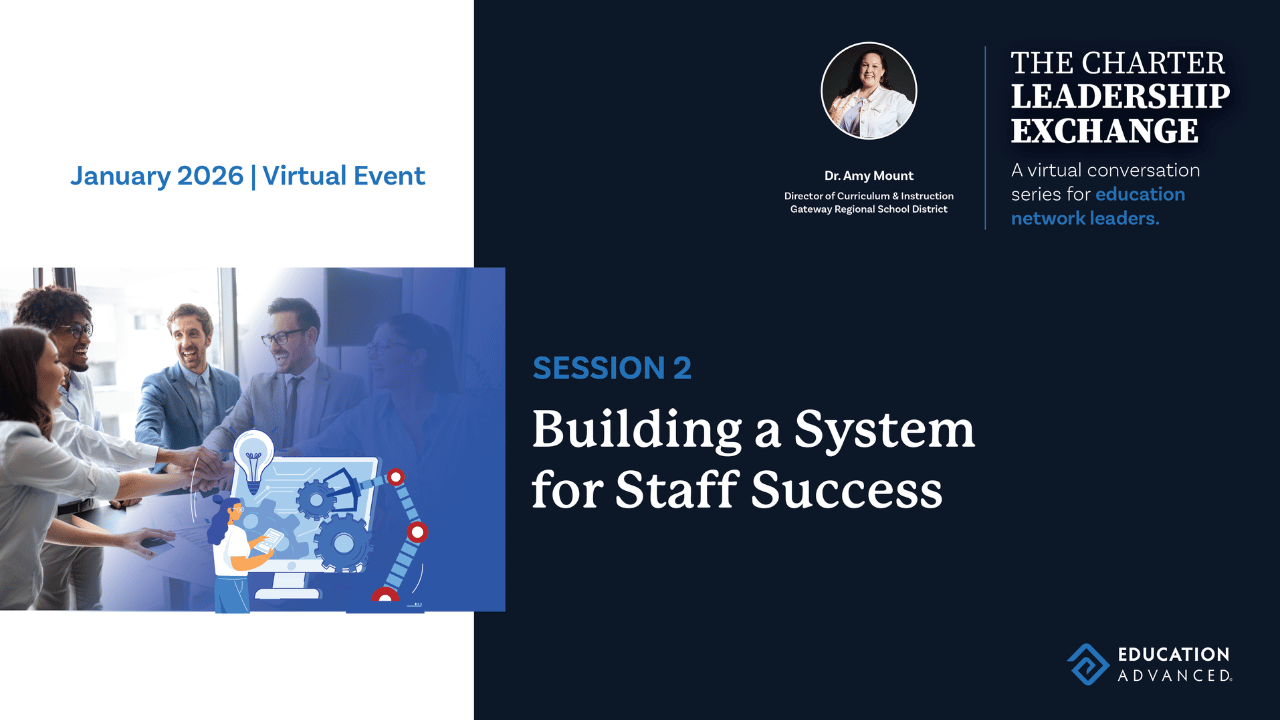Principal Skills: Top 15 Every Principal Should Have
Leadership Skills
A principal is the leader of the school and must portray this role in all aspects. A principal needs to be able to manage a large teaching staff and still stand as a leader to all students. Leadership skills are essential and help principals expertly guide both staff and students effectively. Previous experience in various teaching leadership roles such as a head of a department will help build leadership skills with a smaller team.
Adaptability
Methods and processes are continuously changing in the world of education. Principals must adjust to these changes and willingly embrace new methods and techniques. Adaptability is essential to provide the best possible learning environment for students. It may be tempting to stick to the tried-and-true methods that have always been used, but this can hinder growth and opportunity. Trying new strategies, staying up to date on the latest trends and research, as well as listening to the wants and needs of the school can improve the overall quality of education.
IT Skills
Gone are the days when a principal could rely on a secretary to manage all technology for them. Now, it’s a necessary skill to know how to use technology. Principals must be comfortable handling the latest school tech, like using Google suite or knowing how to use the SIS so they can lead by example. When the leader learns and uses new skills, it inspires the teachers and students to do the same.
Conflict Resolution
Conflicts arise daily in a school setting. With students, teachers and staff, as well as families, it can become quite difficult to manage. Principals need to develop strategies for effective conflict resolution. Principals often strive to de-escalate the situation by working with the parties involved to ensure a positive outcome for all.
Discipline Skills
When a student is disruptive, it may require disciplinary action. Although many schools have a non-punitive approach, some use punitive measures only for policy violations. It is still important for schools to determine how the majority of students can be productive in schools. Alternatives such as restorative justice may be something schools can look into.
Communication Skills
Communication, according to the School of Education, is one of the most important skills a principal can possess. Principals need to know how to maintain a dialogue with families, teachers, and students. Ideally, a principal can communicate clearly and directly so that everyone understands the expectations, but it's also important to balance authority with empathy in relationships with others.
Delegation Skills
It’s rare that one person needs to handle all the responsibilities inside an organization; a principal should know when to delegate. Although a principal can do anything in the building, there are certain things that only a principal can/should do. Prioritizing and focusing on the highest leverage activities that only a principal can do and delegating when necessary to others can help a school run more efficiently.
Curriculum Development
Principals are generally responsible for overseeing the effectiveness of instructional and curriculum management. They can help determine the direction of classroom instruction, and while they can work with teachers to develop this, it’s important that the principal prioritizes curriculum development. Principals should have experience with creating learning materials and developing educational programs to advise teachers in order to set classrooms up for success.
Budget Management
Each school has a budget to manage, and the principal often determines where to delegate the money. It’s a big responsibility, particularly when teachers need specific tools and students, and their families, expect certain levels of technology. Correctly managing school budgets is complicated as different departments have different needs for students. Reaching out to your network and getting insight into how other schools prioritize their budget may help your school be more efficient.
Decision-Making Abilities
An effective principal knows when to make a high-leverage decision and when to delegate the decision down to others in the school. When it comes down to important decisions that only the principal can make, it’s important to communicate confidently as a principal. Look at the facts, utilize resources available, determine the best course of action, and make a strong decision to inspire trust from others in the school. If possible, gather feedback and input from stakeholders to get a better understanding of how the decision could affect others. And, when appropriate, give others the autonomy they need to make lower-level decisions to ensure good collaboration.
Problem-Solving Skills
A principal will face obstacles on a regular basis and has multiple groups and factors to consider. Principals deal with problems constantly, from funding and budget shortages to issues with students—the principal is the one to help sort these issues out. Principals should be able to prioritize problems and needs of the campus, working through each one effectively and efficiently.
Empathy
Everyone has a story, and this is true throughout the school. A student who is acting out may have problems at home, or a staff member who is short with others could be dealing with a loss in the family. It’s the responsibility of the principal to be kind and empathetic. It is far more effective to be empathetic with people than to punish, so take the time to learn the problem and find a solution that works for everyone.
Risk Management
Another area that every principal must handle is risk management. There are multiple issues that come up every day in a large school, and the principal must sort through them and determine which ones are most important. Risk management skills must be put to use regularly. The principal creates a safer environment and reduces the school's liability by taking risk management measures seriously. The principal can work in conjunction with the district Safety and Security Team, Finance and HR Team, and any other resources or teams from the school or district level to help monitor and mitigate areas of concern.
Visibility
A principal is not meant to stay in his or her office, only dealing with what is brought to their desk. It’s essential that the staff, students, and even the families see the principal on a regular basis—and not just for problems. Walking through the school and checking in with people around them is how a good principal gains trust and builds the connections necessary to keep the school running well. Take a small notepad to jot down questions or ideas that arise. Learning student’s names and their interests can have a tremendous impact on their self-esteem. Seeing students and teachers daily and having small conversations can help build positive campus culture and can help bring awareness to issues early on before they become bigger problems.
Staff Development
Teachers in a school are more than just staff. They are people who have dreams and goals of their own, and it is up to the principal to encourage teachers to become even better at what they do. It's the principal who helps those around them develop the skills they need to become stronger teachers. This may include providing ongoing learning opportunities or simply providing encouragement along the way.
Conclusion
Being a principal takes work. Building up this skill set helps principals grow and become true leaders for their schools. Always finding new ways to improve, acquire new skills, and sharpen the skills they already have, will make a great principal even better.
If your school is interested in improving the quality of education by automating tasks and streamlining processes, Education Advanced offers a suite of tools that may be able to help:
- Cardonex, our master schedule software helps schools save time on building master schedules. Many schools used to spend weeks using whiteboards to organize the right students, teachers, and classrooms into the right order so that students could graduate on time and get their preferred classes. However, Cardonex can now be used to automate this task and within a couple of days deliver 90% of student's first choice classes.
- Embarc, our curriculum mapping software, helps teachers quickly analyze whether or not their curriculum is aligned with state and national standards as well as share best practice curriculum plans with other teachers to reduce duplication and with parents to keep everyone up to date.
- Evaluation allows school administrators to efficiently document every step of the staff evaluation process, including walk-throughs, self-evaluations, supporting evidence, reporting and performance analytics.
- Testhound, our test coordination software, helps schools coordinate thousands of students across all state and local K-12 school assessments while taking into account dozens of accommodations (reading disabilities, physical disabilities, translations, etc.) for students.
- Pathways is a graduation tracking tool that allows administrators and counselors to create, track and analyze student graduation pathways to ensure secondary students are on track to graduate and build an educated, talented workforce for the future.
Request a demo of our software today or contact us here to see how we can help you streamline your school operations.



More Great Content
We know you'll love




